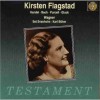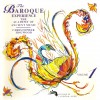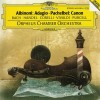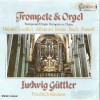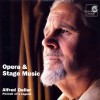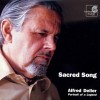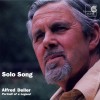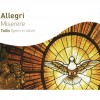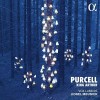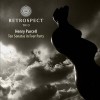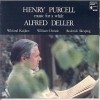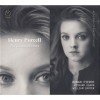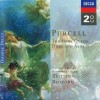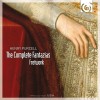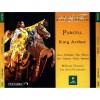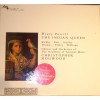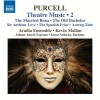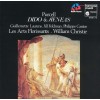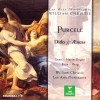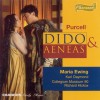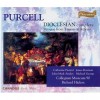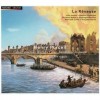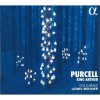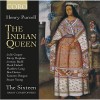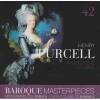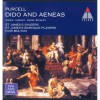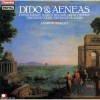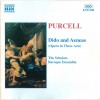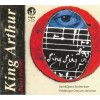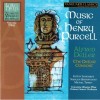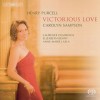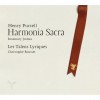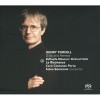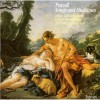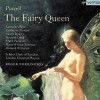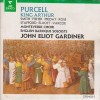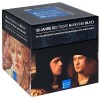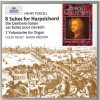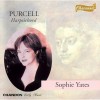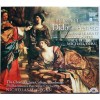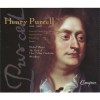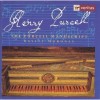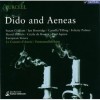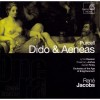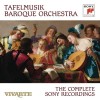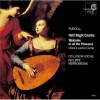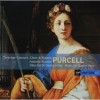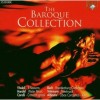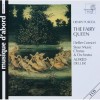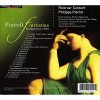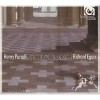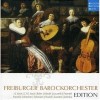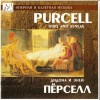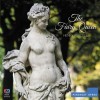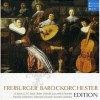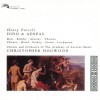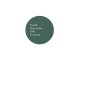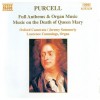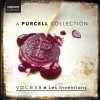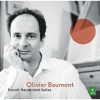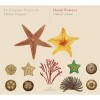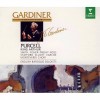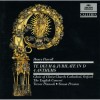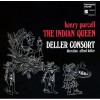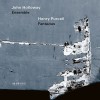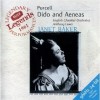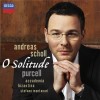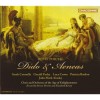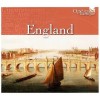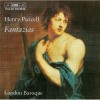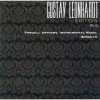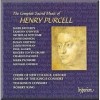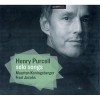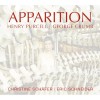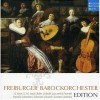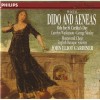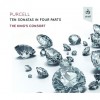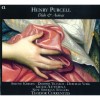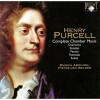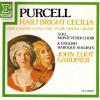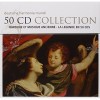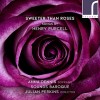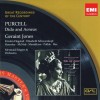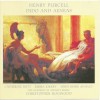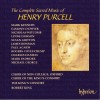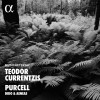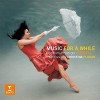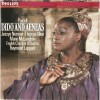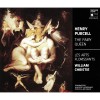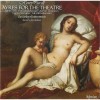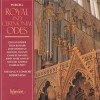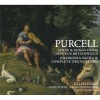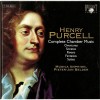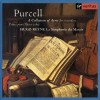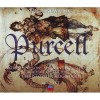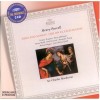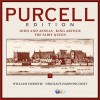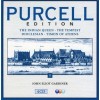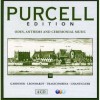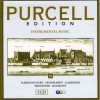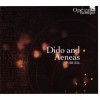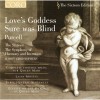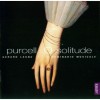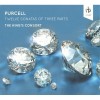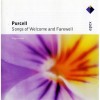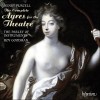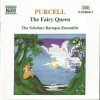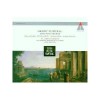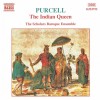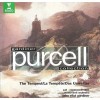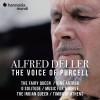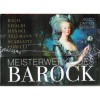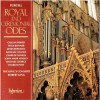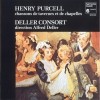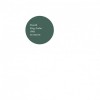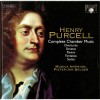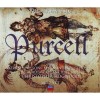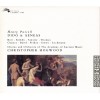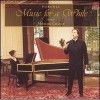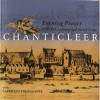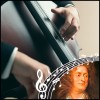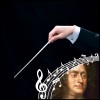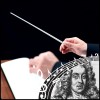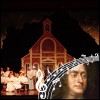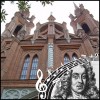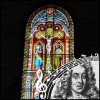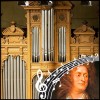| Country: | United Kingdom |
| Period: | Baroque |
Biography
Purcell was born in Westminster. He sang at the coronation of King Charles II of England. Thomas Purcell, who was his brother was musician as well. Henry the elder had three sons. Daniel Purcell was the youngest of the brothers. He was also a prolific composer. Daniel Purcell composed the music for much of the final act of The Indian Queen after Henry Purcell died.
In 1664 the father of Purcell died. Purcell was placed under the guardianship of his uncle, who showed him great affection and kindness. Henry studied by Captain Henry Cook. He was a master of the children. Then Purcell was studied by Pelham. Henry was a chorister in the Chapel Royal till his voice was broken in 1673. At this time he started to assistant to John Hingeston.
The composer began writing his composition at nine years old. But the first real thing was written in 1670. It was an ode for the King's birthday. After Humfrey died, Purcell continued his studies with Dr. John Blow. He went to Westminster School, and in 1676 he was appointed organist at Westminster Abbey. In this year he also composed the music to John Dryden's Aureng-Zebe and Thomas Shadwell's Epsom Wells and The Libertine.
In 1679, the Purcell composed some songs for John Playford's Choice Ayres, Songs and Dialogues, and also an anthem, for the Chapel Royal. His anthem was wrote for the exceptionally fine voice of the Rev. John Gostling, then at Canterbury, but afterwards a gentleman of His Majesty's chapel. Purcell wrote several anthems at different times for this extraordinary voice, a basso profondo. In thankfulness for a providential escape of the King from shipwreck, Gostling, who had been of the royal party, put together some verses from the Psalms in the form of an anthem and requested Purcell to set them to music.
Purcell devoted himself almost entirely to the composition of sacred music, and for six years severed his connection with the theatre. However, during the early part of the year produced two important works for the stage, the music for Thomas D'Urfey's Virtuous Wife and Nathaniel Lee's Theodosius. The composition of his chamber opera Dido and Aeneas was attributed to this period. It was written to a libretto furnished by Nahum Tate. In 1689 it was performed in cooperation with Josiah Priest. Priests's wife kept a boarding school for young gentlewomen. It is considered the first genuine English opera, though that title is usually given to Blow's Venus and Adonis: as in Blow's work, the action does not progress in spoken dialogue but in Italian-style recitative. Dido and Aeneas never got their way to theatre, although this opera was very popular.
In 1682 Purcell married. Soon he was ppointed organist of the Chapel Royal, an office which he was able to hold simultaneously with his position at Westminster Abbey. This year also brought him the son, In 1683 he published Twelve Sonatas.. In 1685, he compose two of his the best anthems. They are “My heart is inditing" and "I was glad". They were composed for the coronation of King James II.
In 1687, he came back to the theatre by furnishing the music for Dryden's tragedy, Tyrannick Love. Purcell also composed a march and quick-step this year. This composition became famous and Lord Wharton adapted the latter to the fatal verses of Lillibullero. In 1688 he wrote his anthem "Blessed are they that fear the Lord" by express command of the King. A few months later, he composed the music for D'Urfey's play, The Fool's Preferment. In 1690, he wrote the music for Betterton's adaptation of Fletcher and Massinger's Prophetess (afterwards called Dioclesian) and Dryden's Amphitryon. After that he composed King Arthur with the libretto by Dryden. It was published by the Musical Antiquarian Society in 1843. In 1692, he wrote The Fairy-Queen (an adaptation of Shakespeare's A Midsummer Night's Dream), the score of which was rediscovered in 1901 and published by the Purcell Society. In 1695 he wrote The Indian Queen.
Te Deum and Jubilate were written for Saint Cecilia's Day in 1693. This work was annually performed at St Paul's Cathedral till 1712.
He wrote two elegies and an anthem for Queen Mary II's funeral. Besides the operas and semi-operas already mentioned, Purcell wrote the music and songs for Thomas D'Urfey's The Comical History of Don Quixote, Boudicca, The Indian Queen and others, a vast quantity of sacred music, and numerous odes, cantatas, and other miscellaneous pieces.
He died in 1695 at his house in Westminster. He was at the top of his career at this time. The reason of his death is still unclear: one theory is that he caught a chill after returning late from the theatre one night to find that his wife had locked him out; another is that he succumbed to tuberculosis.
Purcell is buried adjacent to the organ in Westminster Abbey. His epitaph reads, "Here lyes Henry Purcell Esq., who left this life and is gone to that blessed place where only his harmony can be exceeded."
His wife Frances and three of his six children survived him. Frances died in 1706. Purcell's son Edward (1689-1740) became organist of St Clement Eastcheap, London, in 1711 and was succeeded by his son Edward Henry Purcell (d. 1765). Both men were buried in St Clement's.
In 1836 in London was founded Purcell Club. It promoted the performance of his music. In 1876 was founded Purcell Society. It published new editions of his works. A modern day Purcell Club has been created, and provides guided tours and concerts in support of Westminster Abbey.
After his death his old friend John Blow composed "An Ode, on the Death of Mr. Henry Purcell (Mark how the lark and linnet sing)" with text by John Dryden. More recently, the English poet Gerard Manley Hopkins wrote a famous sonnet entitled simply "Henry Purcell", with a head-note reading: "The poet wishes well to the divine genius of Purcell and praises him that, whereas other musicians have given utterance to the moods of man's mind, he has, beyond that, uttered in notes the very make and species of man as created both in him and in all men generally."
Purcell also had a strong influence on the composers of the English musical renaissance of the early twentieth century. One of these composers were Benjamin Britten. He created and performed a realisation of Dido and Aeneas. Stylistically, the aria "I know a bank" from Britten's opera A Midsummer Night's Dream is clearly inspired by Purcell's aria "Sweeter than Roses", which Purcell originally wrote as part of incidental music to Richard Norton's Pausanias, the Betrayer of His Country.
Michael Nyman built the score of Peter Greenaway's 1982 film, The Draughtsman's Contract on ostinati by Purcell from various sources, one misattributed. He credited Purcell as a "music consultant." Another of Purcell's ostinati was used in Nyman's Memorial.
There is a bronze monument to Purcell in Victoria Street, Westminster. It was made by by Glynn Williams.
Ignaz Friedman stated in 1940 that Purcell became as great as Bach and Beethoven.
Purcell is one of the Baroque composers. He had an influence on modern rock and roll; according to Pete Townshend of The Who, Purcell was among his influences, particularly evident in the opening bars of The Who's "Pinball Wizard". British rock band Queen wrote the song "Procession" inspired Purcell's "Music for the Funeral of Queen Mary," which was also adapted for the synthesizer by Walter Carlos to serve as the theme music for the 1971 film A Clockwork Orange.
In the 21st century, the soundtrack to the 2005 film version of Pride & Prejudice features a dance titled "A Postcard to Henry Purcell”. It is a version of the Abdelazar theme by composer Dario Marianell.







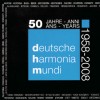
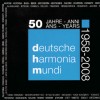
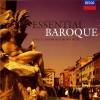
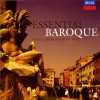
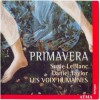
![Baroque Adagios [CD 2 of 2]](http://static.classicalm.com/repository/collection-cover/small/1325-img1362237166532140.jpg)
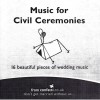

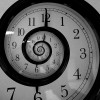
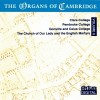
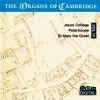
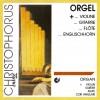
![The Top 100 Masterpieces of Classical Music 1685-1928 [CD1of10]](http://static.classicalm.com/repository/collection-cover/small/1353-img1372437248611603.jpg)
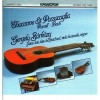
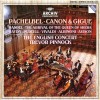
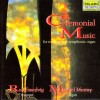
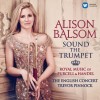
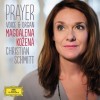
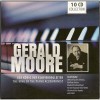
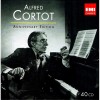
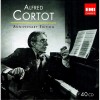
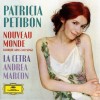
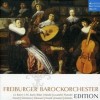
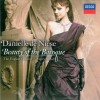
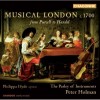
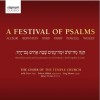
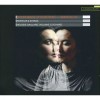
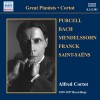
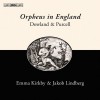
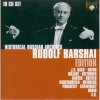
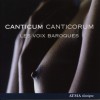
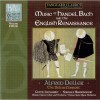
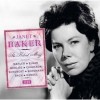
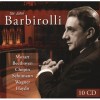
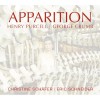
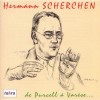
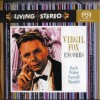
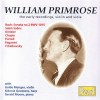
![Janet Baker: ''The Philips & Decca Recordings, 1961 - 1979'' [CD 2 of 5]](http://static.classicalm.com/repository/disk-cover/small/3009-img1371566635344505.jpg)
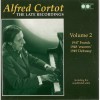
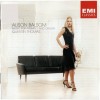
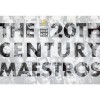
![Festliche Barocktrompete [CD 1 of 3]](http://static.classicalm.com/repository/disk-cover/small/2627-img1356184426211686.jpg)
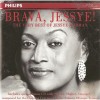
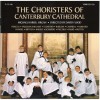
![Andres Segovia. A Centenary Celebration. [CD 1 of 3]](http://static.classicalm.com/repository/disk-cover/small/2962-img1365010036358113.jpg)
